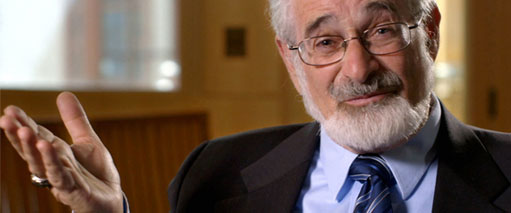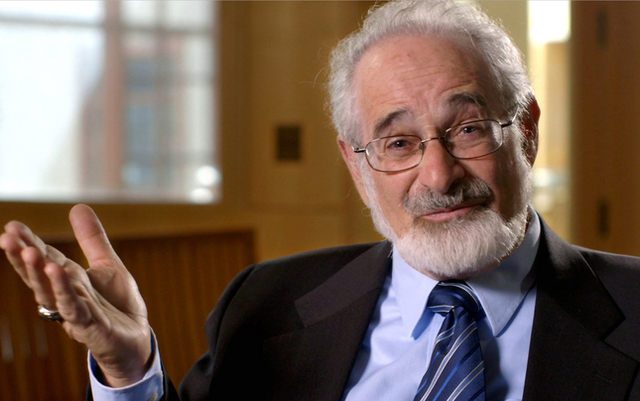Film Review: Merchants Of Doubt
If Facts Have A Liberal Bias, Then Emotions Love Conservatives


“Gravity? What has it ever done for you?”
Latest Article|September 3, 2020|Free
::Making Grown Men Cry Since 1992


“Gravity? What has it ever done for you?”